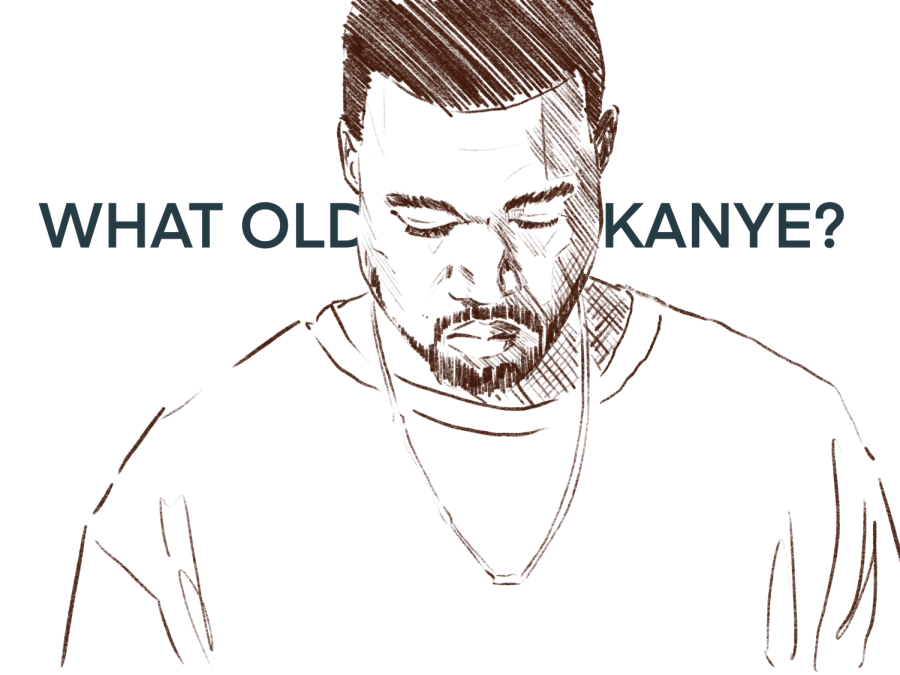Consumption of Kanye’s Works Must Be Critical
January 15, 2023
In 2016, rapper, billionaire, Yeezy-designer, and former spouse of Kim Kardashian Kanye West released the song I Love Kanye, which featured the lines, “I miss the old Kanye/straight from the ’go Kanye/Chop up the soul Kanye/set on his goals Kanye.” In light of recent anti-Semitic behavior, the concept of an “old Kanye” has been clung to by his defenders, but is there really an unproblematic old Kanye to hold on to?
There is no question that, “The new Kanye/the bad mood Kanye/the always rude Kanye/sp*z in the news Kanye ” has gone too far. Even outside of recent tweets, West himself announced that “[he] like[s] Hitler… the Jewish media has made us feel like Nazis and Hitler have never offered us anything of value to the world” on conspiracy theorist and Sandy Hook denier Alex Jones’ show. This was the same day he was banned from Twitter for posting a Swastika. This inexcusable persona is unfortunately not new; a quick internet search reveals anti-Semitic comments from almost a decade ago. In 2013, Kanye spoke on Barack Obama’s presidency on hip-hop station Power 105.1, stating, “People want to say Obama can’t make these moves or he’s not executing. That’s because he ain’t got those connections… Black people don’t have the same level of connections as Jewish people … We ain’t Jewish. We don’t get family that got money like that.” This comment reinforces the stereotype that Jewish people have control over money and the government; it’s not only ignorant but a common source of anti-Semitic sentiments that demonize and further target the Jewish community.
West’s rhetoric has extended beyond anti-Semitism as well. In the beginning, his comments could be at least explained—when West flamed President George Bush for not caring about Black people or hopped on stage during Taylor Swift’s acceptance of her VMA award to rant about Beyoncé, you could argue that he was calling out institutional racism in the US, albeit in a completely inappropriate manner. However, bragging about a potential sexual relationship with that same Taylor Swift in the song Famous (without her consent) and releasing a music video that featured nude sculptures of her with him in bed (again, sans consent) is not calling out racism. Claiming that “slavery was a choice” in the same 2018 interview with TMZ where West was quoted as saying “I love Hitler, I love Nazis” is not calling out racism, but perpetuating it. West’s language is incredibly insensitive towards the millions of Jewish people killed in the Holocaust and the millions of Black Americans who struggle with this country’s legacy of white supremacy to this day.
To conclude, there is no “old Kanye,” and separating the art from the artist only makes sense when the art is not problematic as well. While Graduation may be a great listen in the car with the windows down, it must be accompanied by thorough criticism of West and his harmful rhetoric.









